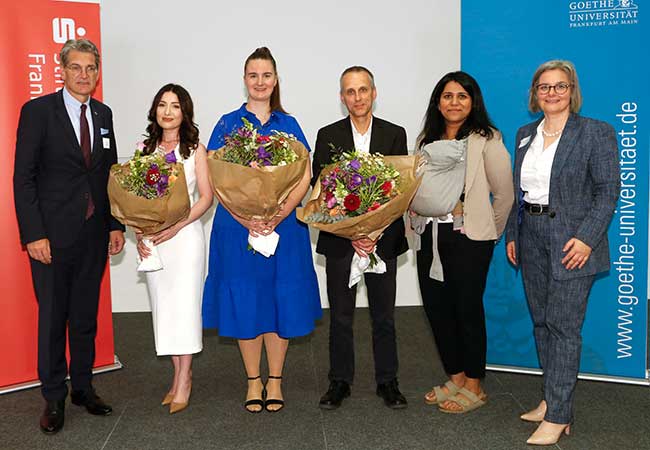
This year’s 1822 University Prize goes to a physicist, a linguist and a biochemist
Physicist Prof. Laura Sagunski, linguist Dr. Mariam Kamarauli and biochemist PD. Dr. Rupert Abele are this year’s recipients of the

Physicist Prof. Laura Sagunski, linguist Dr. Mariam Kamarauli and biochemist PD. Dr. Rupert Abele are this year’s recipients of the
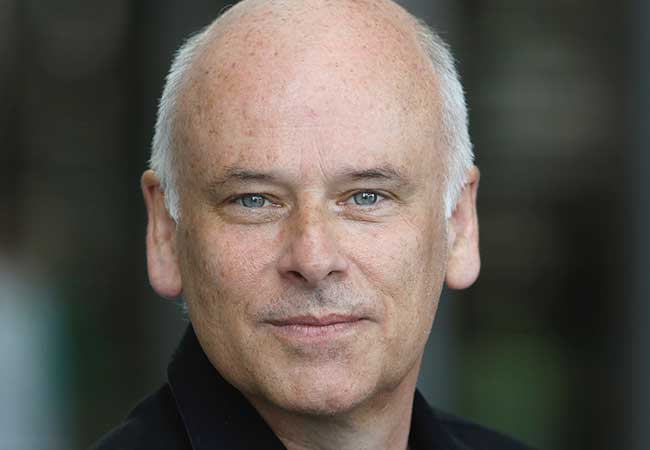
When the human immune system recognizes and attacks infected or abnormal cells, it does so in highly complex, multi-stage processes.
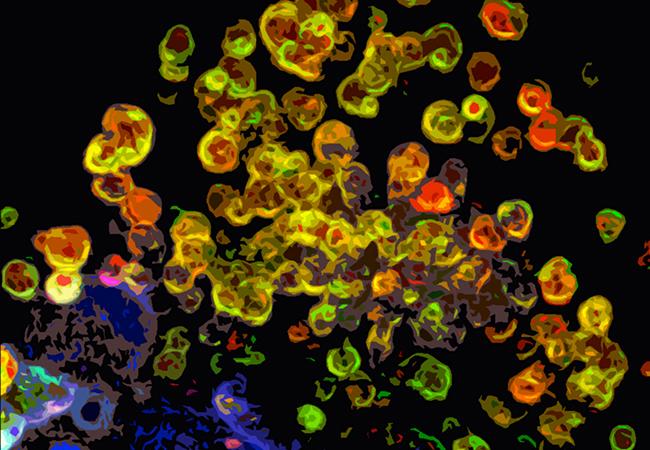
When cancer cells divide uncontrollably, it is because so-called oncoproteins take on a central role in managing the cell division
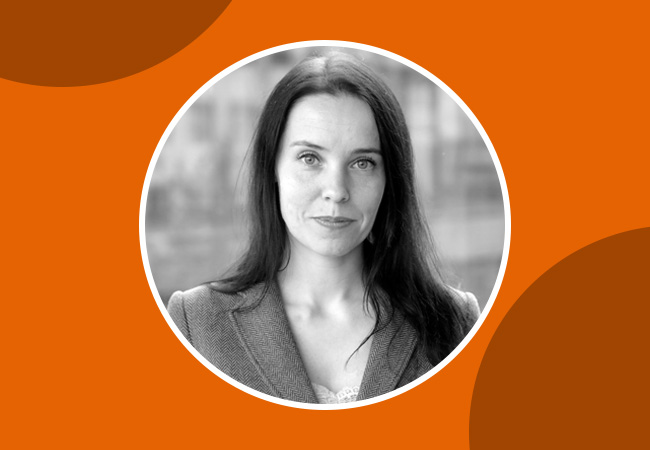
We wanted to know: Why did our scientists want to become scientists in the first place? What are they working

Biophysicist Achilleas Frangakis uses cryo-electron tomography to study the inner life of dangerous bacteria. Acinetobacter baumannii is the name of
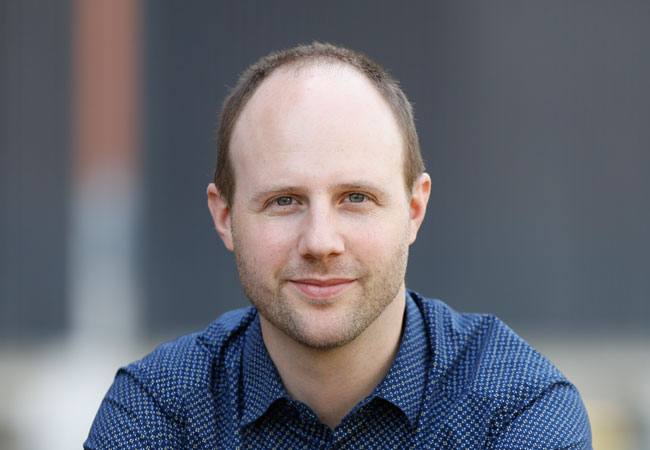
On December 1, 2023, biochemist Dr. Christian Münch took up the Lichtenberg Endowed Professorship for Molecular Systems Medicine – a
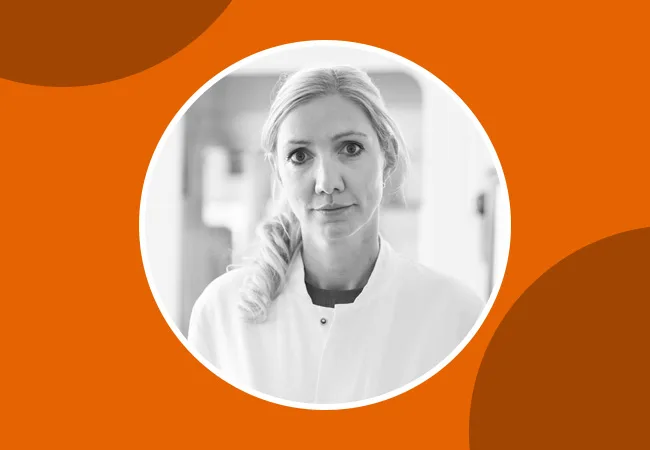
We wanted to know: Why did our scientists want to become scientists in the first place? What are they working
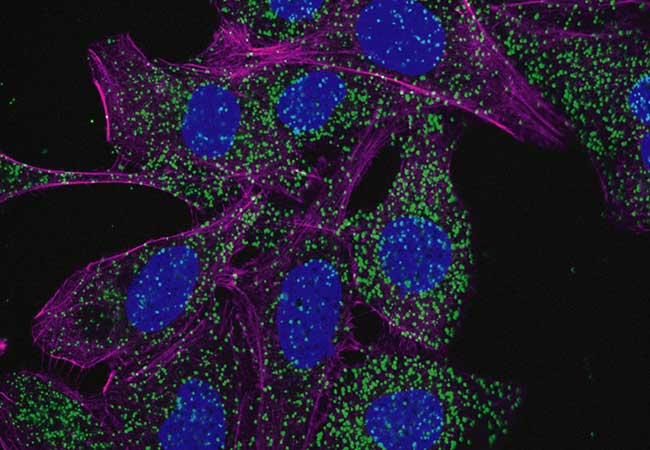
To speed up their growth, leukemia cells typically activate the recycling of cellular structures – enabling them to dispose of

Dr. Christian Münch from Goethe University Frankfurt’s Institute of Biochemistry II has been awarded the European Research Council’s (ERC) prestigious
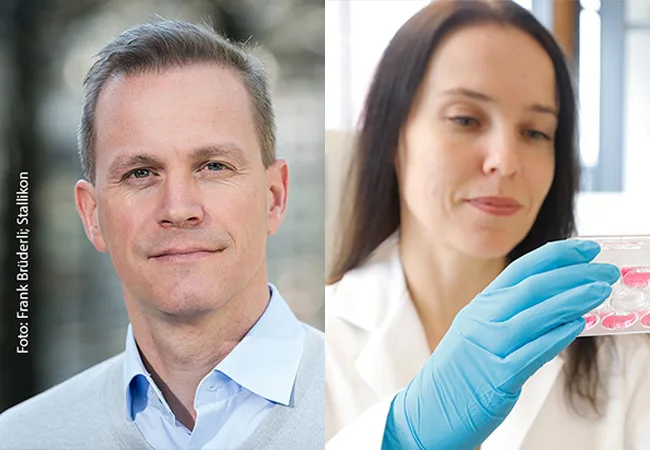
Goethe University Frankfurt is applying for the upcoming round of the Excellence Strategy of the German federal and state governments
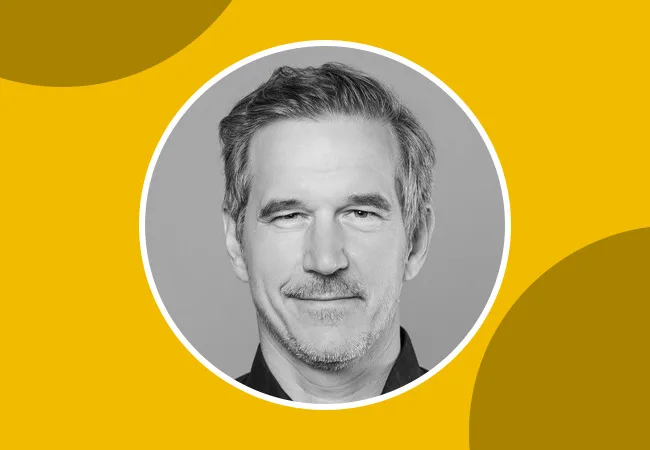
We wanted to know: Why did our scientists want to become scientists in the first place? What are they working
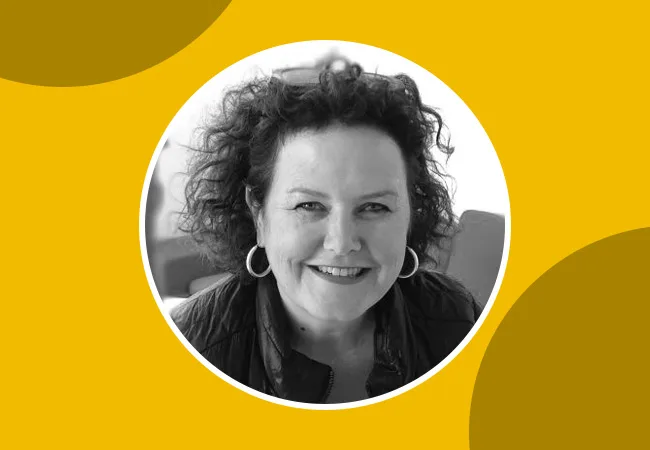
We wanted to know: Why did our scientists want to become scientists in the first place? What are they working
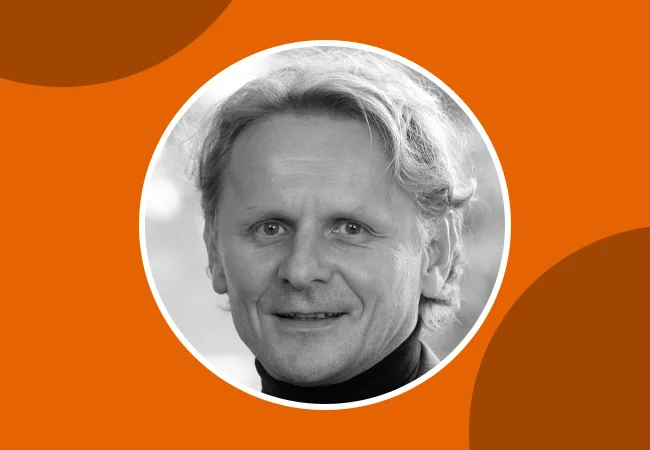
We wanted to know: Why did our scientists want to become scientists in the first place? What are they working
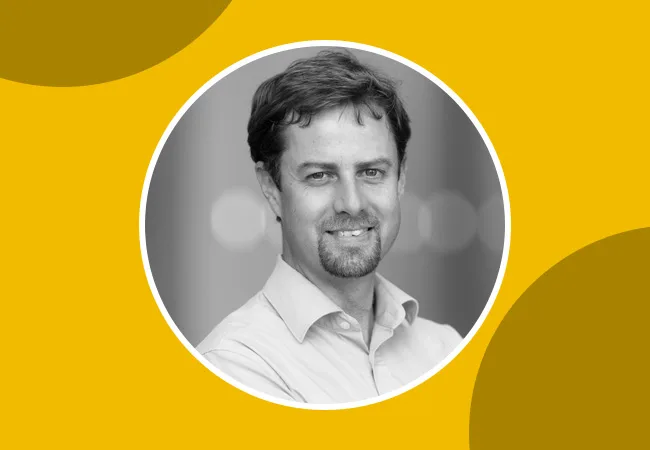
We wanted to know: Why did our scientists want to become scientists in the first place? What are they working

Award recognizes work in the field of environmental and socio-ecological sustainability research at Goethe University Frankfurt. This year’s “Frankfurter Preis
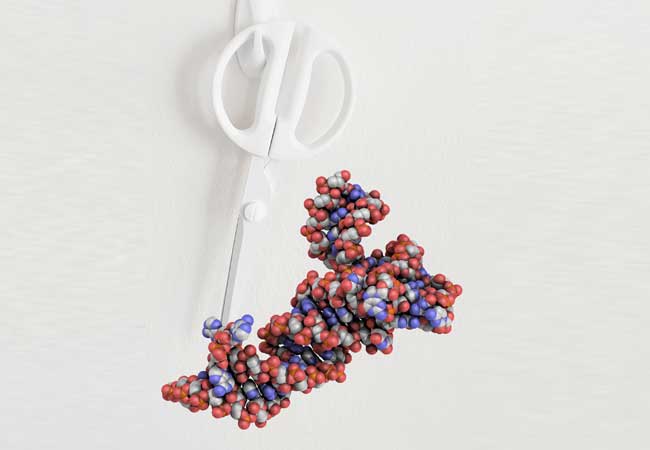
Structure of an enzyme crucial for tRNA maturation sheds light on cause of neurodegenerative disorders In all living organisms, the
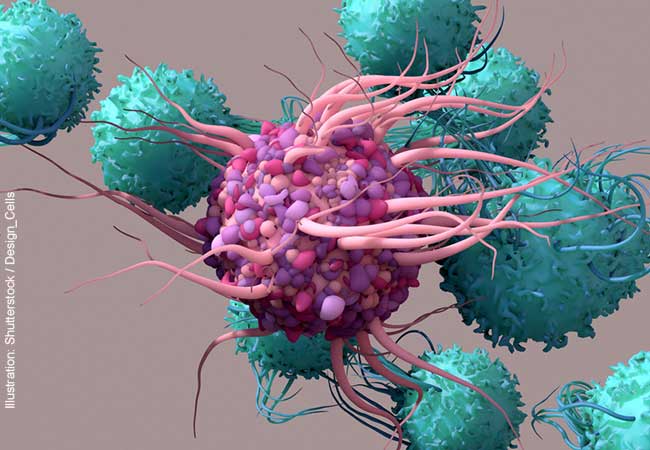
Researchers from Goethe University Frankfurt, the Max von Pettenkofer Institute and Hannover Medical School are shedding light on the molecular
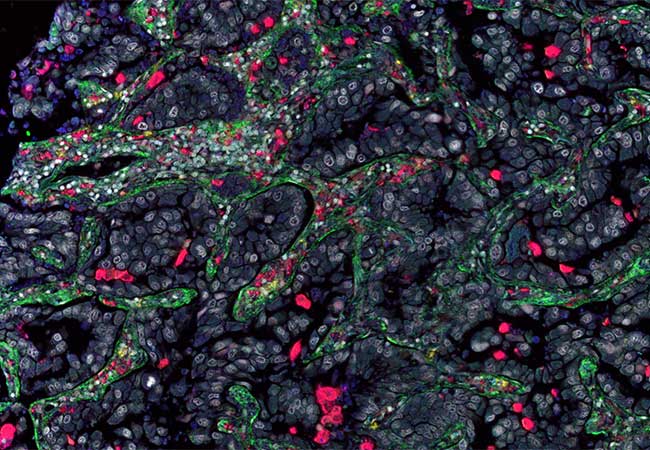
For solid tumors to grow efficiently, they generally need the help of non-transformed, endogenous cells around them. Through the communication

Biochemist and structural biologist Prof. Robert Tampé of Goethe University Frankfurt has received a research fellowship worth $250,000 (EUR 230,000).
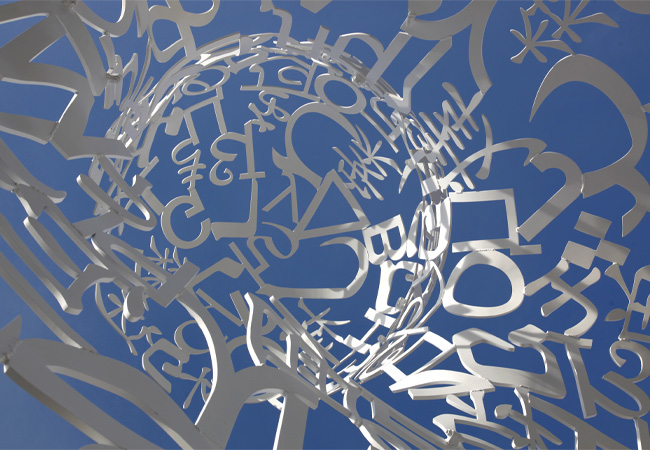
Goethe University Frankfurt is applying with four new clusters on the research topics “Confidence in Conflict” (CONTRUST), “Infection and Inflammation”
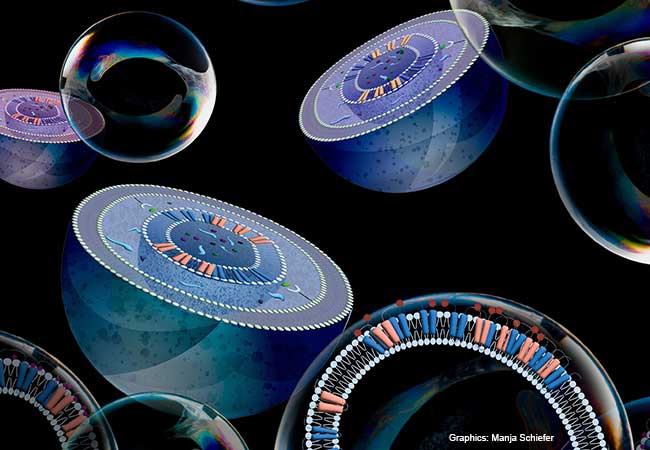
Our cells are crisscrossed by a system of membrane tubes and pockets called the endoplasmic reticulum (ER). It is crucial
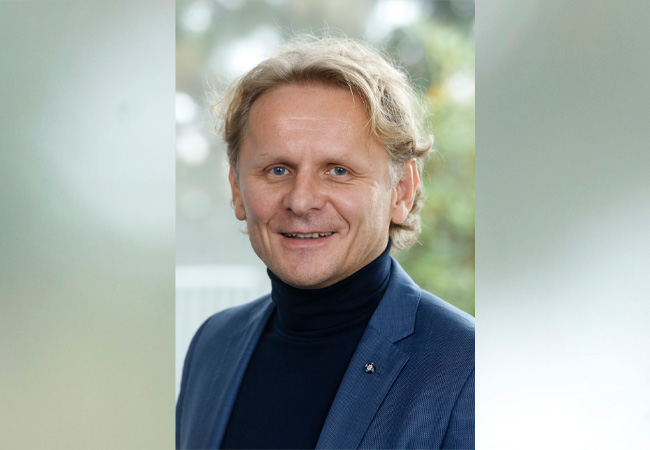
Prof. Ivan Đikić, Director of the Institute of Biochemistry II at Goethe University, will be awarded the Louis-Jeantet Prize for
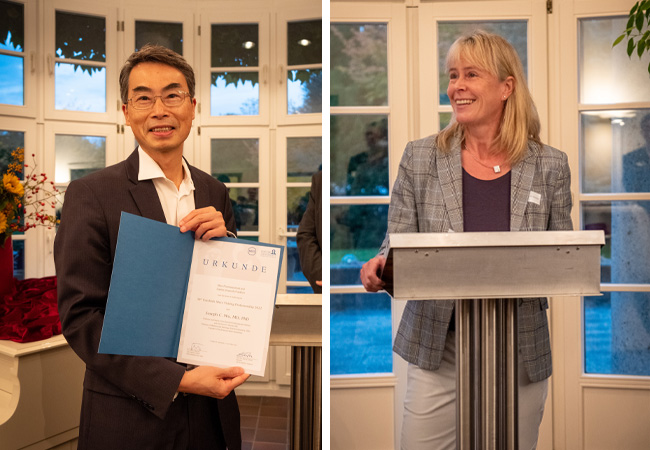
A review of the Friedrich Merz Visiting Fellowship Endowment 2022 It is thanks to the research of cardiologists like Joseph
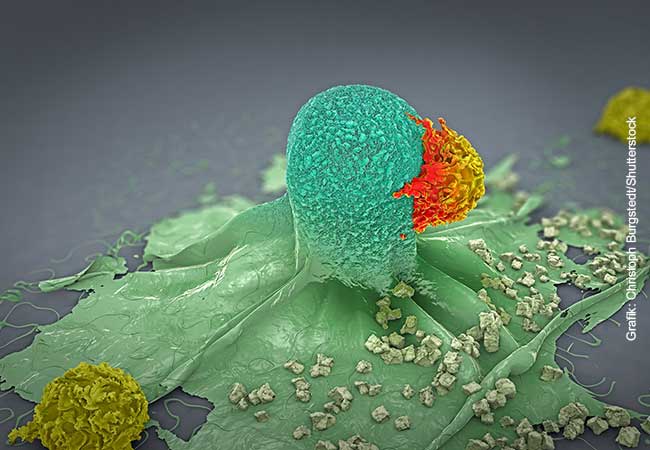
For an adequate immune response, it is essential that T lymphocytes recognise infected or degenerated cells. They do so by
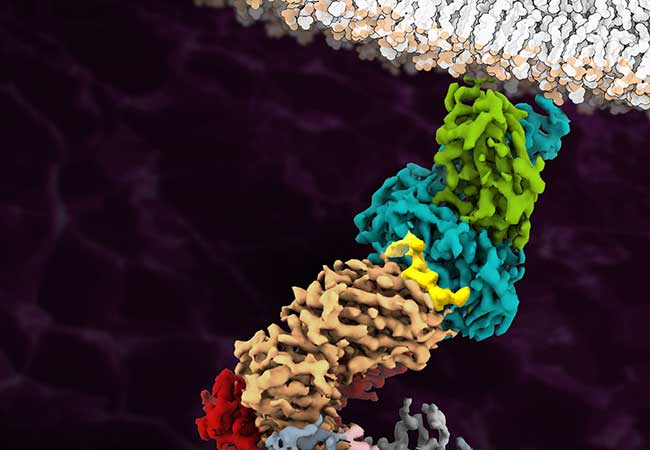
T cells are our immune system’s customised tools for fighting infectious diseases and tumour cells. On their surface, these special
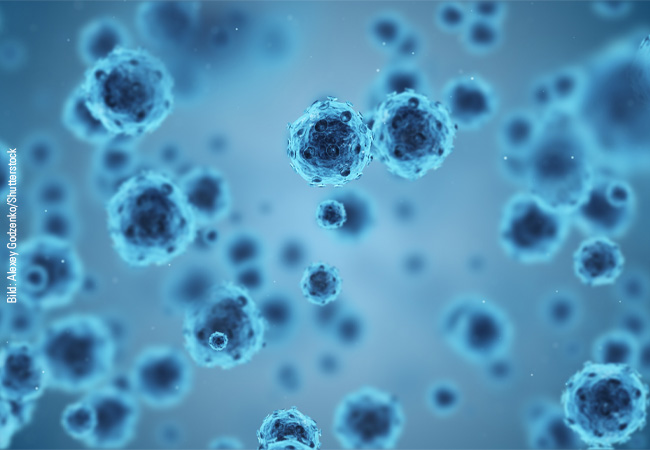
How do killer T cells recognise cells in the body that have been infected by viruses? Matter foreign to the
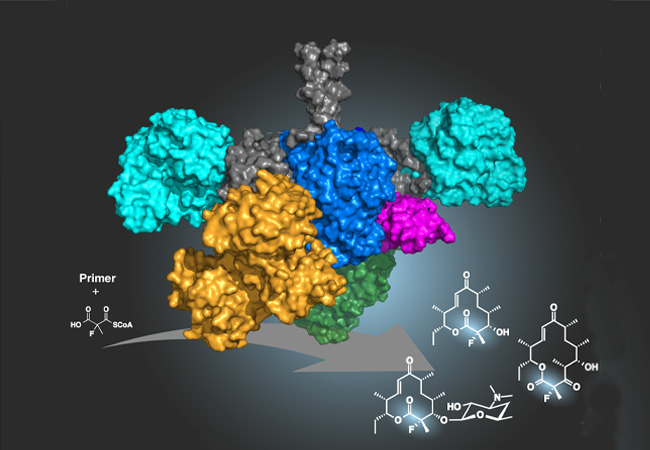
The use of the element fluorine to modify active substances is an important tool in modern drug development. A team
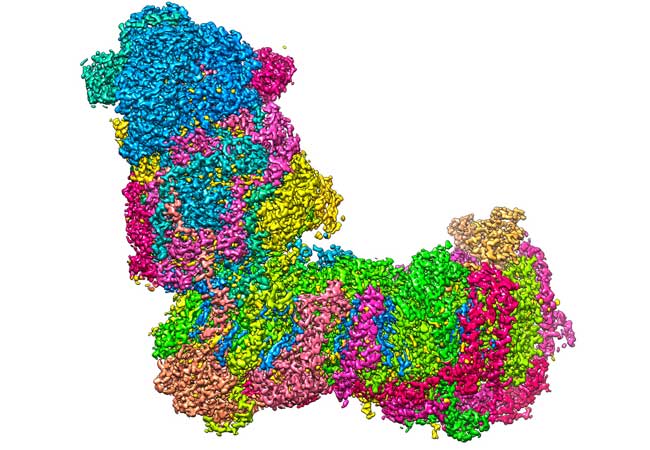
The respiratory chain plays a central role in energy metabolism of the cell. It is localized in mitochondria, the cell´s
© 2023 Goethe-Universität Frankfurt am Main | Impressum | Datenschutzerklärung | Cookies verwalten
You cannot copy content of this page